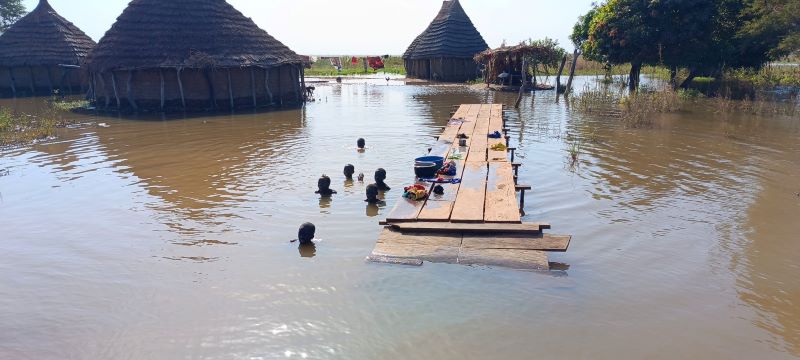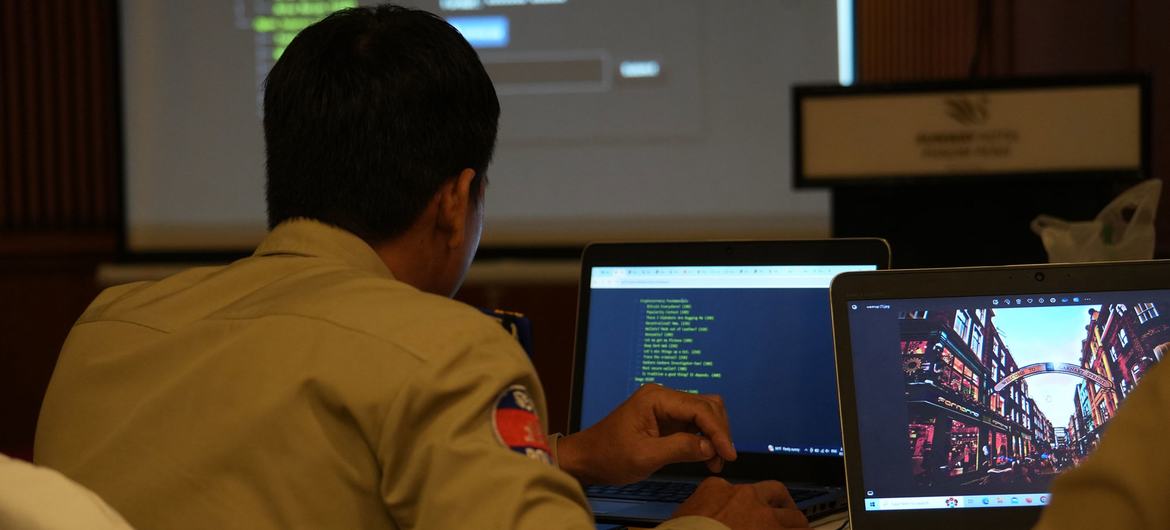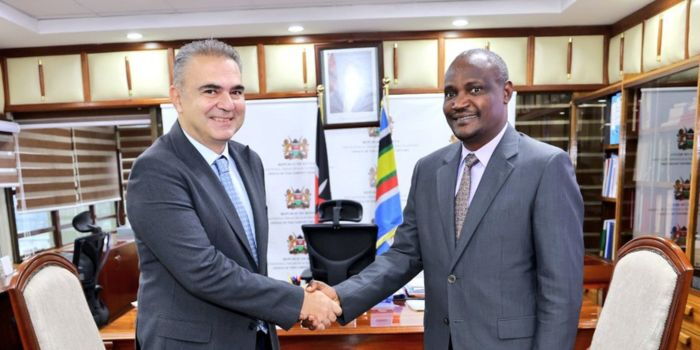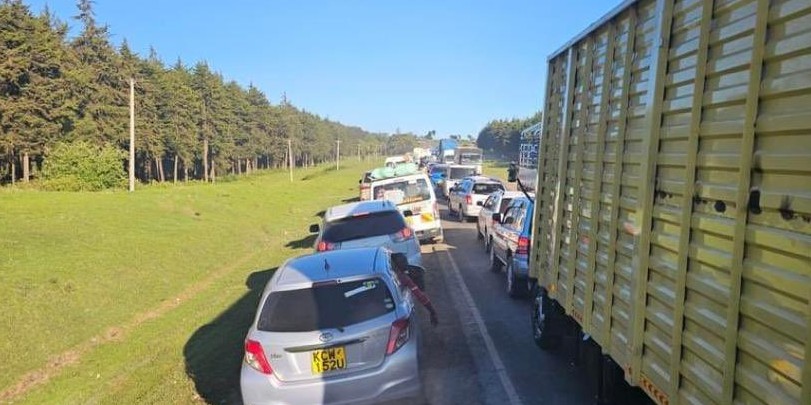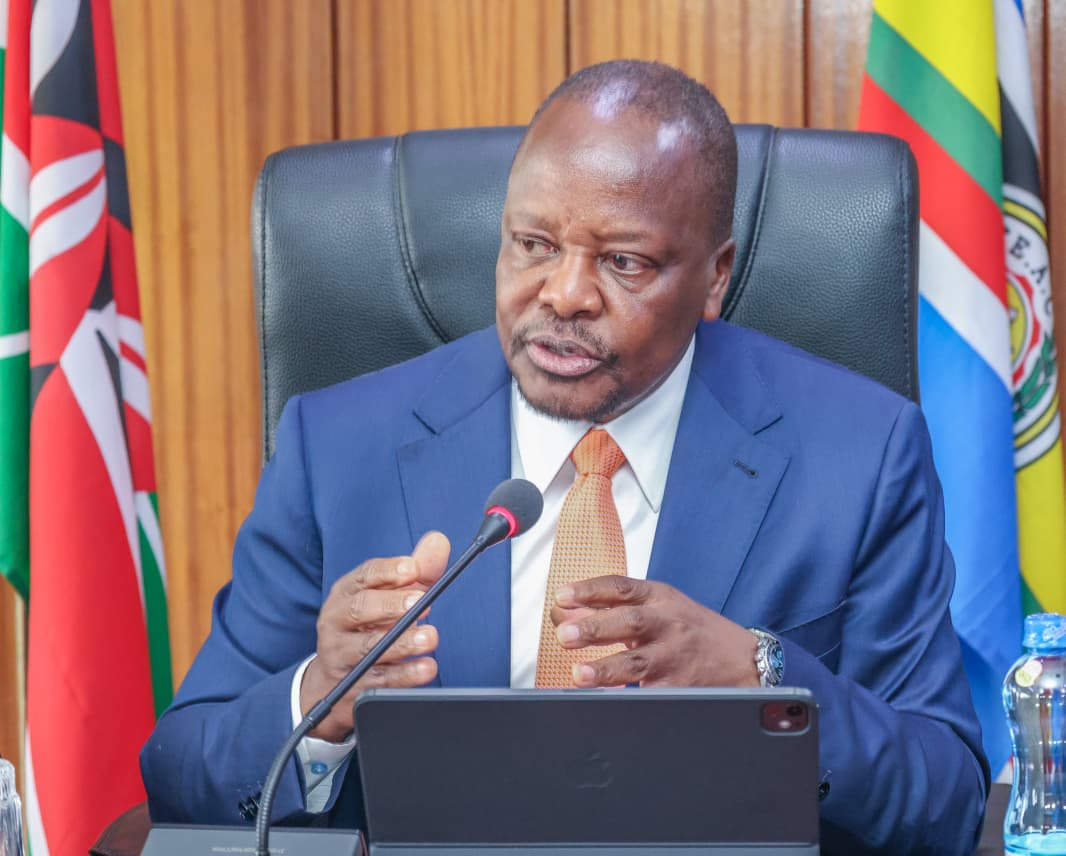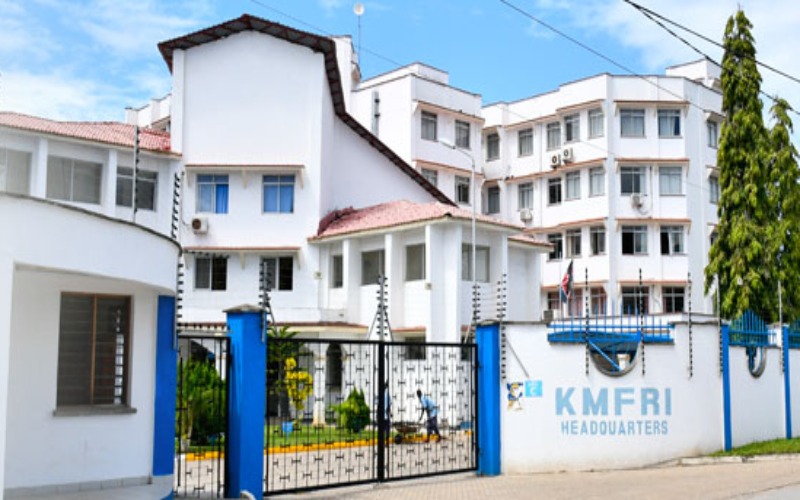Secondary school heads warn of worsening financial crisis as capitation funds from state remain in limbo
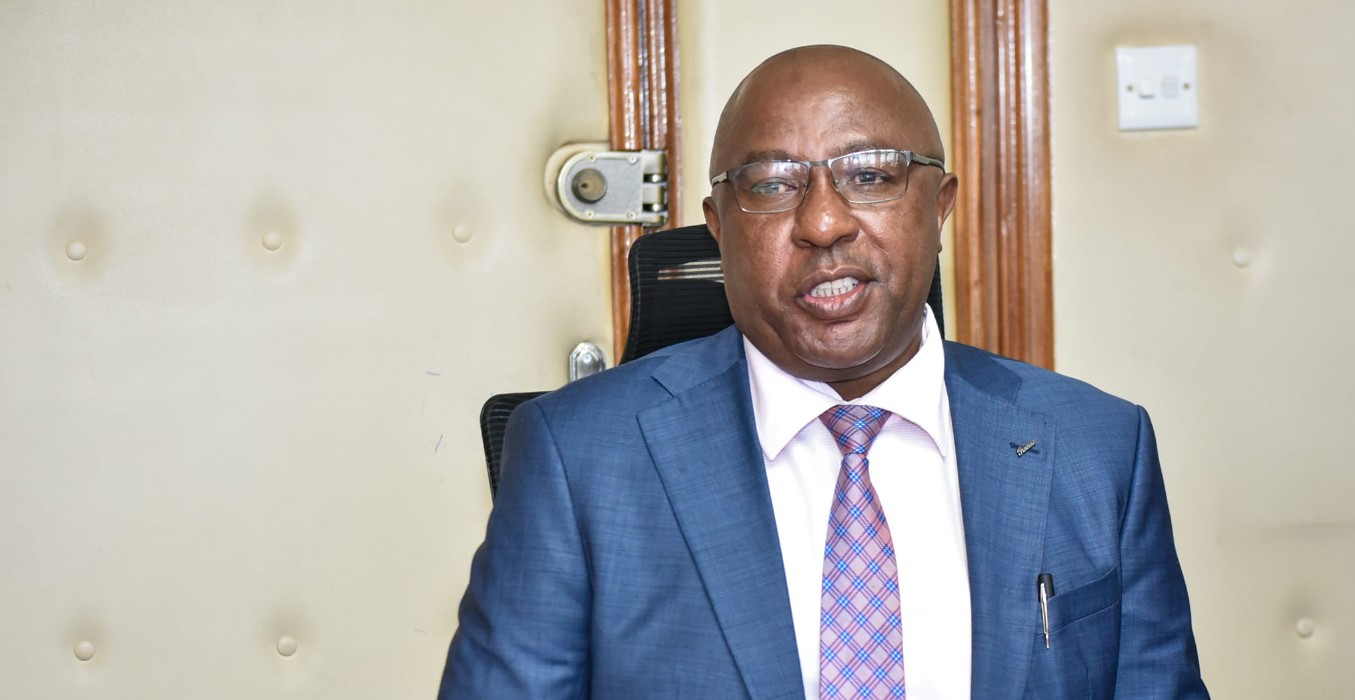
Kuria explained that boarding schools, which typically rely on fees from new Form One students, are now struggling to sustain operations.
The cash crunch in schools has forced some secondary school heads to send students home even as the government continues to delay releasing capitation funds for the first term.
School principals, represented by the Kenya Secondary Schools Heads Association (Kessha), have raised the alarm over severe financial challenges, with some institutions already grappling with unpaid debts and disconnected utilities due to a lack of basic supplies.
More To Read
- Capitation crisis forces early school closures nationwide
- Revised fees framework to address parent concerns ahead of 2026 senior school transition
- Education CS Julius Ogamba summoned by MPs over delays in school capitation funds
- New funding formula aims to guarantee timely release of school capitation
- MPs urge Education Ministry to recall students sent home over delayed capitation payments
- Schools warn national exams integrity at risk as delayed funds disrupt preparations
Kessha National Chairperson Willy Kuria stated that the decision to send students home was unavoidable as schools face major financial shortages.
“We have begun sending children home because we have no choice. Principals are very desperate. What will those students eat while in school? The only alternative and safer thing to do is to send those learners home. If they stay in school, they will riot. It’s unsafe to keep children in school without resources,” he told the Nation.
Students locked out
On January 7, National Police Service (NPS) officers had to intervene after the principal of Nairobi’s St Anne’s Girls Secondary School, located on Jogoo Road, locked out students due to outstanding fee arrears.
A group of students was forced to spend part of the night outside in the cold, leaving many Kenyans in shock.
NPS Spokesperson Resila Onyango confirmed that officers from Jogoo Police Station in Buruburu responded to the situation and ensured the students were allowed back into the school.
While the incident highlights the severe financial crisis in secondary schools, it occurred despite clear directives from the Ministry of Education which had instructed school principals not to send students home over unpaid fees.
The guidelines were issued to prevent interruptions to students’ education due to financial challenges.
The situation arises despite reassurances from the Ministry of Education that funds would be disbursed.
Basic Education Principal Secretary Belio Kipsang has continuously reassured school heads that funds will be disbursed soon.
“Within the shortest time, we shall have made sure the funds are wired so that schools begin well from next week,” he said as schools prepared to start the first term.
He added that the ministry is currently processing capitation funds for primary, junior secondary, and secondary schools.
Education Cabinet Secretary Julius Ogamba echoed these sentiments, assuring stakeholders that the government remains committed to providing free and compulsory basic education. He disclosed that Sh48.38 billion, representing 50 per cent of this year’s capitation, would be released to schools.
Other Topics To Read
Deficit
However, Kuria revealed that the government failed to provide enough capitation last year, leaving schools with a deficit of Sh7,000 per student.
Over the past five years, these deficits have accumulated to over Sh64 billion, creating a debt crisis for many institutions.
Kuria, who is also the chief principal of Murang’a High School, revealed that his school is burdened with a Sh20 million debt for electricity, water, and stationery.
He noted that many schools were unable to pay workers as they closed last term due to funding delays. The affected workers include teachers hired by boards of management.
“Some schools have had their electricity and water supply disconnected due to huge bills. We have debts with suppliers which keep soaring because we pay in bits due to financial challenges. We have always been paying these debts when Form Ones report to school. But with no capitation and the uncertainty surrounding it, when shall we pay the salary arrears we had for last year?” Kuria asked.
No Form One admissions
The situation has been exacerbated by the ongoing implementation of the Competency-Based Curriculum, which has eliminated Form One admissions this year.
Kuria explained that boarding schools, which typically rely on fees from new Form One students, are now struggling to sustain operations.
“This is an emergency because suppliers cannot give us supplies,” he said.
He added that day schools, which depend entirely on government capitation to pay BoM teachers and non-teaching staff, are the worst hit. He warned that salary arrears could soon trigger go-slows among workers.
Last term, Kessha officials met with CS Ogamba to address the rising debts and delayed capitation. However, Kuria expressed disappointment at the lack of concrete answers.
“He is a diplomat because he received us very well, but he could not give us very direct or specific answers as far as capitation is concerned. The CS promised to do his best, but it could be an issue with the Treasury,” Kuria said.
Meanwhile, National Parents Association Chairperson Silas Obuhatsa has urged schools to avoid sending learners home, citing the financial struggles parents are facing.
Top Stories Today
